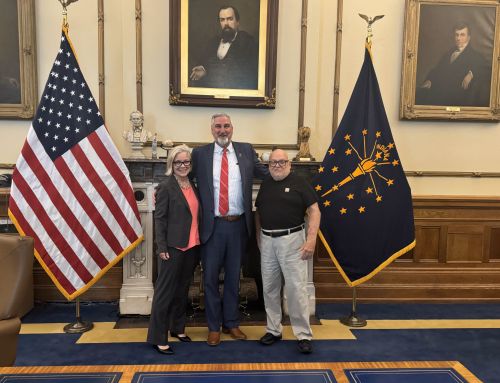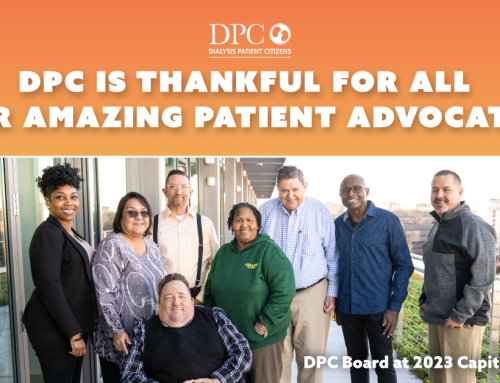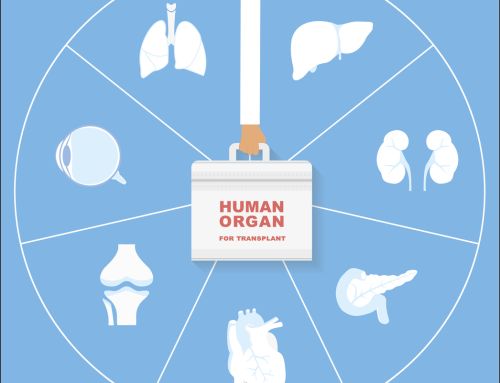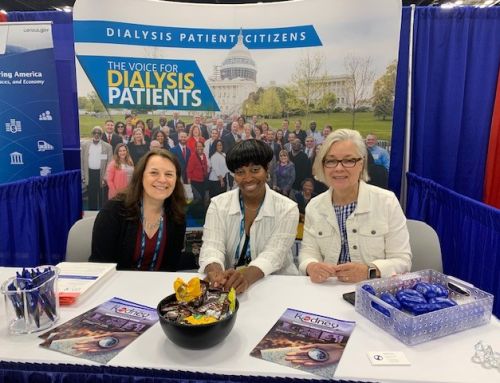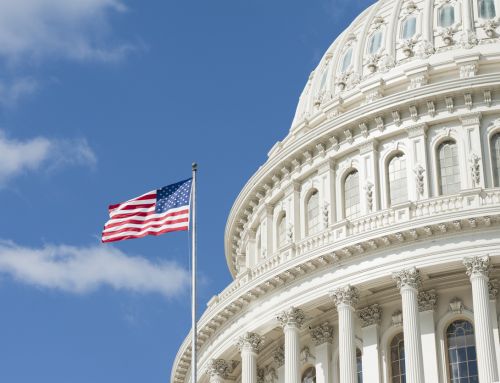By Carrie L., Director of Congressional and State Relations
I have the unenviable job of trying to make state health reform both easy to understand and interesting, but I have given it my best shot. In this article I will be discussing two topics that are important for kidney disease patients, essential health benefit benchmark plans and the formation of state-based health insurance exchanges.
State governments and health reform boards have been busy over the past couple of months determining how they will deal with implementing the Affordable Care Act (ACA) in their states. Deadlines have come and gone for some of the key requirements while others are looming in the not so distant future. September 30th was the deadline set for states to choose their essential health benefit benchmark plan and 23 states and DC met the deadline. The essential health benefit benchmark plan defines the benefits that each individual and small group insurance plan sold within the state must cover. So if an item is left out there will be gaps in coverage. The ACA requires coverage of 10 categories including outpatient care, which typically covers dialysis, and prescription drugs as well as preventive care. Transplantation may also be covered under one of the 10 categories. DPC continues to work at the state level on health reform implementation, submitting comment letters on the importance of ESRD treatment (both dialysis and transplantation) as well as comprehensive coverage of prescription medications.
The next approaching deadline is November 16th, at which point states must declare to the federal government what type of health insurance exchange they will set up. States have three options with the first two keeping at least some state influence in the process. First, they may choose a state-based exchange where all decisions for its design and implementation will be made by the state and the exchange will be fully administered by the state. The second option is for a state-federal partnership exchange where the state and federal government will work together to create and run the exchange. The third option for states that do not declare their intentions by this deadline, the federal government will step in and create a fully federally run exchange. It is important to remember though all plans sold in these exchanges will still be private insurance plans, as in all other exchanges.
Health reform implementation is a long and complex process. There is a lot of information and misinformation out there about all of these issues that can be difficult to decipher. Please do not hesitate to call us here at DPC if you have any questions or concerns.







